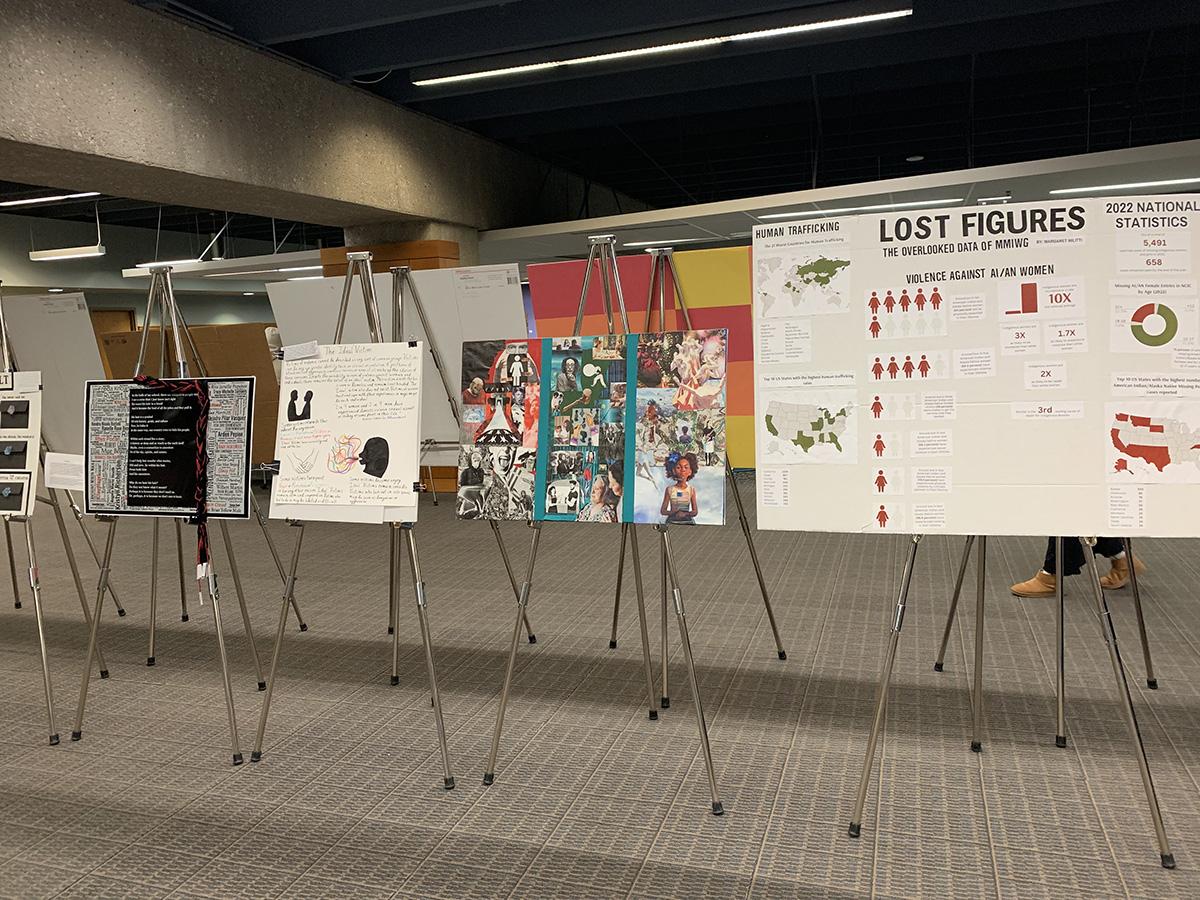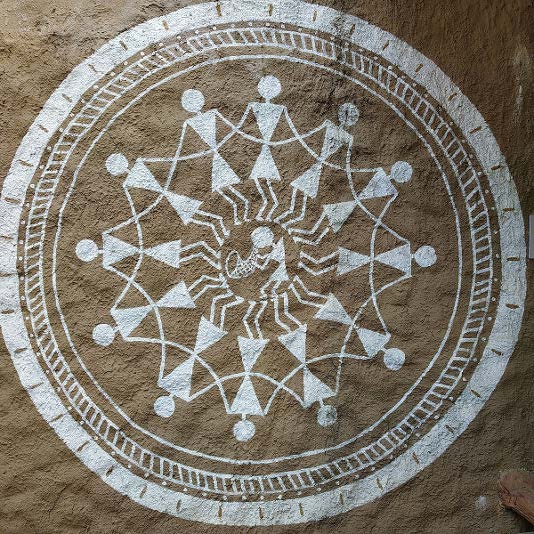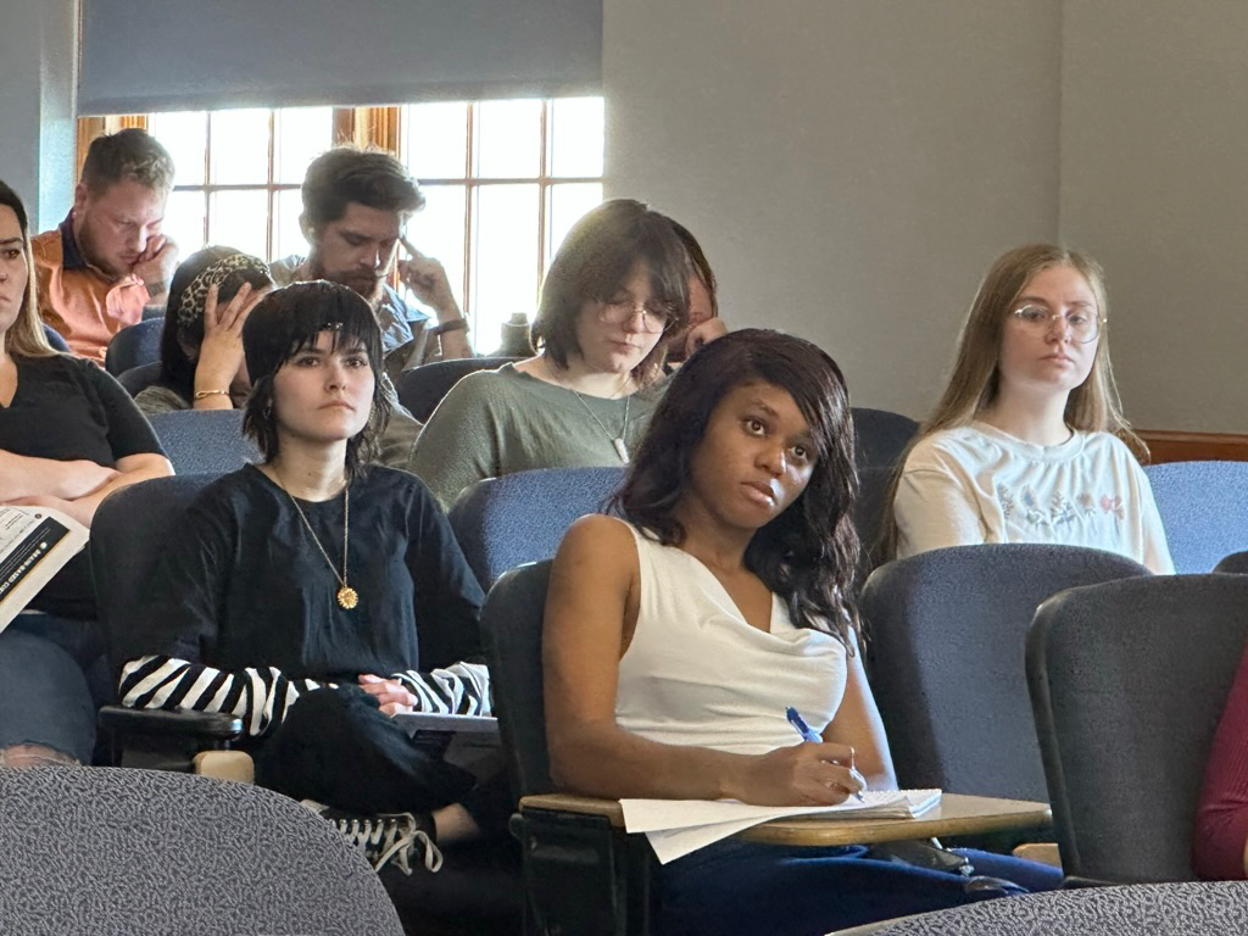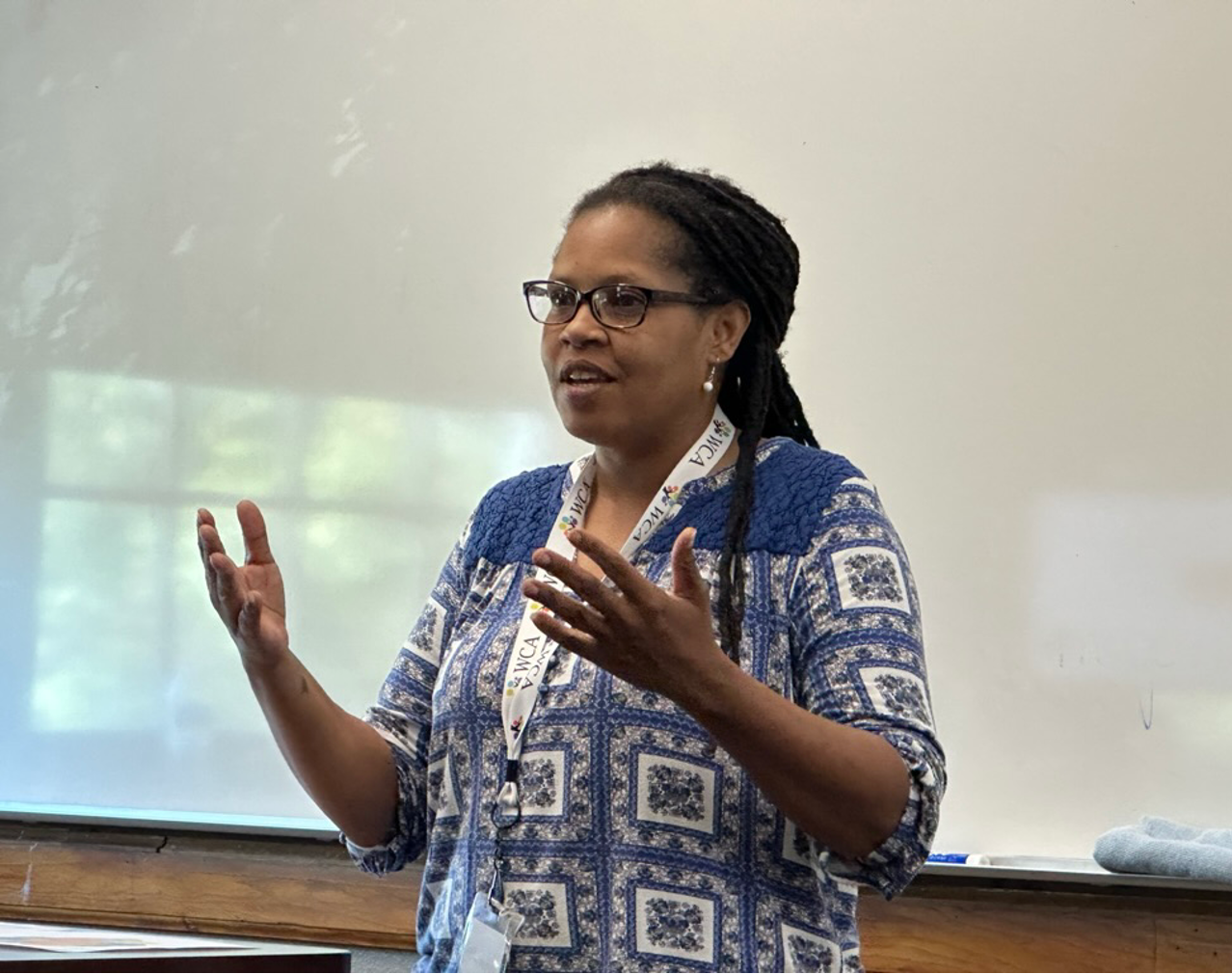Tell All the Truth Project
Designed to inspire, harness, and promote expressions of literary imagination, the "Tell All the Truth Project" (TATP) aims to grow the public humanities, experiential learning, and collaborations between the UNO and the metropolitan community of Omaha, Nebraska.
"What are the words you do not yet have? What do you need to say?" -- Audre Lorde

What is the Tell All the Truth Project?
Funded by the Mellon Foundation, the Tell All the Truth Project (TATP) at UNO is a collaboration between the UNO Departments of English, History, and Sociology and Anthropology. This public humanities initiative actively seeks collaborations between the students and faculty at UNO and community partners in Omaha.
This project acknowledges the significance of local knowledge, community-based work, and various life experiences and aims to cultivate conversations beyond traditional academic discourses and typical scholarly spaces. By welcoming the insights of Omaha-based community partners as well as inputs from the general public, the Tell All the Truth Project celebrates opportunities to cocreate knowledge.
Through dialogue, collaboration, and socially engaged thought, this project hopes to attempt, what Audre Lorde calls, “the transformation of silence into language and action.”
Of the 280 applications to the Mellon Foundation’s Higher Learning Call for Concepts, this project was one of 26 to be chosen. Learn more about the Mellon Foundation and the other grantees.
Project Leadership
Leading the project is an interdisciplinary team comprised of faculty from English, History, and Sociology and Anthropology strategically designed to draw benefits from each field.
Principal Investigator:
Kristin Girten, Ph.D., Assistant Vice Chancellor for Arts and Humanities in the Office of Research and Creative Activity and Associate Professor of English
Co-investigators:
Alecia Anderson, Ph.D., Associate Professor of Sociology
Danielle Battisti, Ph.D., Chair of the Department of History
Tanushree Ghosh, Ph.D., Chair of the Department of English

Harnessing the Power of Humanities
One of the most valuable aspects of literature is that it offers the possibility of engaging with and understanding the perspectives and experiences of others. Reading or listening to the stories of others, as well as giving voice to one’s own stories that arise from specific local and personal contexts, but connect with issues of collective significance, makes English studies especially appealing for those who seek to build understanding and cooperation in our communities.
Advancing Content
Bringing together colleagues and students in English and History along with community partners allows the Tell All the Truth Project to cross the boundaries between disciplines and sub-disciplines, as well as between institutions and community organizations. Students show their learning in a variety of formats and modalities as they work with community partners.
Sharing Stories and Amplifying Voices
We hope that the myriad histories and literatures, which will become part of the Tell All the Truth Project curriculum and community engagements, will aid in creating ecosystems where the many voices and stories that make up the social fabric of Omaha are present and are heard.
Our Work
The Tell All the Truth Project has collaborated with instructors, students, and community partners to organize curriculum and community engagement opportunities designed to cultivate awareness of critical issues, generate meaningful discussion, amplify oppressed voices, and inspire positive change. Below are some examples of TATP classes and events:
Featured Courses
-
Spring 2023:
- Kristin Girten (English) - Eco Lit and Sustainability
-
Fall 2023:
- Tanushree Ghosh (English) - Critical Approaches to Lit
- Susana Geliga (History) - History of Native American Peoples
-
Spring 2024:
- Dustin Pendley (English) - English Composition I
- Martina Saltamacchia (History) - Crime and Punishment in the Medieval Age
-
Fall 2024:
- John Price (English) - American Nonfiction
- Mark Boxell (History) - American Environmental History
Featured Events
Reentry Past and Present: A Community Celebration (Spring 2024)
During this event at the Venue at the Highlander Accelerator, the Tell All the Truth Project, UNO History, UNO English, and RISE collaborated to raise awareness about how to support incarcerated people, as well as those returning home from prison. This captivating and eye-opening event featured creative, truth-telling zines and posters created by TATP service-learning courses.
Violence Will Not Define Us: A Community Celebration (Fall 2023) 
During this free community event at KANEKO, UNO English and UNO History collaborated with the Bluebird Cultural Initiative, the Women’s Center for Advancement, and the Goldstein Center for Human Rights to raise awareness about Missing and Murdered Indigenous Women in North American and across the globe. This collaboration was inspired by classroom discussions in the TATP program about violence against women, with a specific focus on the unique challenges faced by Indigenous women.


